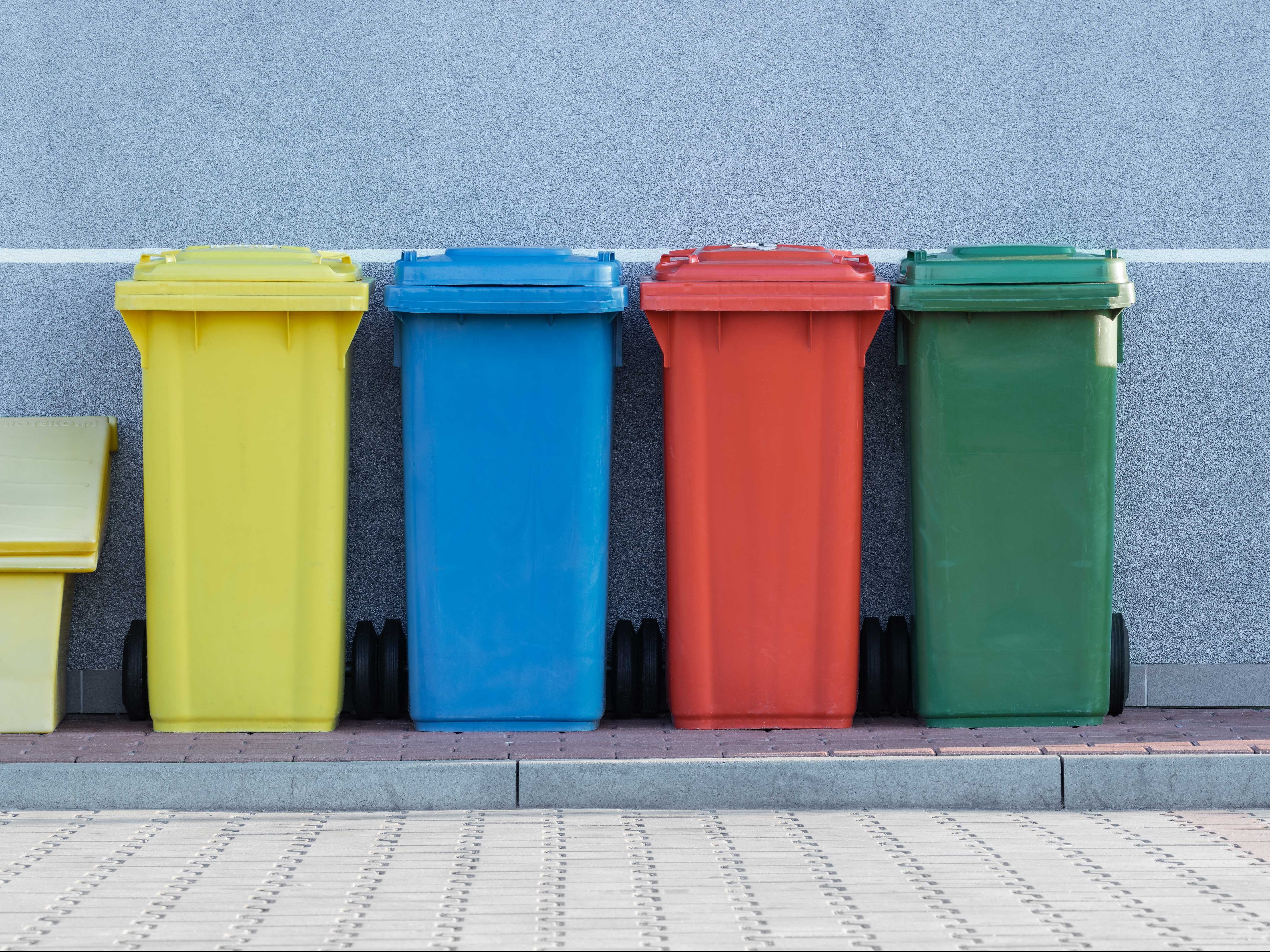Who Should Do What?
27 August 2019 | BY Garrett Cullity, Australian National University | Climate Justice Beyond the State
Climate change is something we have a moral duty to address: in failing to do so, we expose vulnerable people in the future to the prospect of great harm. But who are “we”? Who has this duty, and what exactly is the climate action we ought to take?
A natural picture is this. What is needed to solve the global climate problem is a binding international agreement that limits future emissions to sustainable levels through the application of effective economic incentives. So the most important climate agents – the main difference-makers – are national governments: they have a moral duty to implement and adhere to a global climate agreement. Next in order of importance are large-group agents such as cities, regional governments, corporations and activist organizations. Although they are not themselves potential parties to an international agreement they are large and powerful enough to have an influence, through incentive and example, over national governments. So their climate duties are duties of influence. Last of all, individuals have a different kind of duty. The climate duties you and I have are duties not of difference-making but of participation. They are like the duties we have to pay our taxes. The moral complaint against you if you do not pay your taxes is not that this will itself cause a significant harm to anyone. It is a complaint of unfairness. You are failing to contribute on the same terms as everyone else towards something important that we do together. In the same way, the duties of climate action we have as individuals do not rely on our power to cause important harms or benefits by ourselves. Instead, they are duties to join in important large-scale actions: to support climate lobbying campaigns, vote for parties with sound climate policies, and comply with any climate-related regulations our governments succeed in implementing.
This is a natural picture, but it does not stand up to closer examination. It is too simple, and too complacent. There are two main things it gets wrong. First, this way of thinking about our climate duties links them all to the global agreement that national governments should be reaching. But while this is important, it does not exhaust the climate actions we should be taking. Health researchers estimate that 300,000 extra deaths are already being caused each year by human-induced climate change. Continuing with business as usual while we wait for a global agreement to be reached makes the problem worse; and making the problem worse means killing and harming more people. This has implications for all three kinds of climate agent. It means that national governments, in addition to their duties to reach a global agreement, also have duties of mitigation to lessen their current impact on global warming, and duties of adaptation to act now to protect their own future citizens from the dangers they will face in a warmer world. The same applies to large sub-national agents: their climate duties are not confined to duties of influence. Cities and regional governments are economically powerful enough to have duties of mitigation (the economy of California is bigger than all but four countries in the world) as well as having political duties to protect the welfare of their own future citizens through adaptive action. The same cannot be said of individuals, considered separately. However, acting together, groups of individuals can and do perform mitigatory actions. Considered together, the group of people around the world who reduce or offset their personal emissions does lessen the harm that would otherwise be done to future people. While this is not going to solve the global problem of climate change, it is a worthwhile group action which each of us could join. We each therefore face the question, “Why aren’t you joining in?” and given the modest $10-15 per tonne cost of offsetting, we lack a good answer to that question.
The other mistake is that it is not just individuals who have climate duties of participation. National governments have these duties too. After all, no individual government can itself make an international climate agreement. What it can do is to propose such an agreement, to signal its willingness to comply with it, to commit to doing so, and to produce incentives for other countries to do likewise. Doing these things requires being part of joint action: participating in the UN climate summits, complying with the agreements reached at those summits, and cooperating within the coalitions of states that have been formed to influence climate decision-making, such as the Alliance of Small Island States. Likewise, the most important climate actions that large sub-national agents are taking are actions of participation, supporting initiatives such as the C40 Cities Climate Leadership Group, or the Regional Greenhouse Gas Initiative in which 10 US states operate a cap-and-trade emissions reduction scheme. The point of these actions is not just to influence national governments: it is to start to establish the new economic and social structures that a future global agreement will need to enforce.
A better picture of our climate duties, then, is this. For national governments, individuals and intermediate agents alike, our most important climate duties are duties of participation. Solving the climate change problem we face requires global cooperation. What is required of agents at every level is cooperative participation in actions directed towards that goal. In addition, economically powerful agents have duties to mitigate their climate impacts, and politically powerful agents have duties of adaptation to protect their own populations from climate harms. Meanwhile, as individuals, we ought to participate in joint efforts to reduce the harm that we ourselves do.
